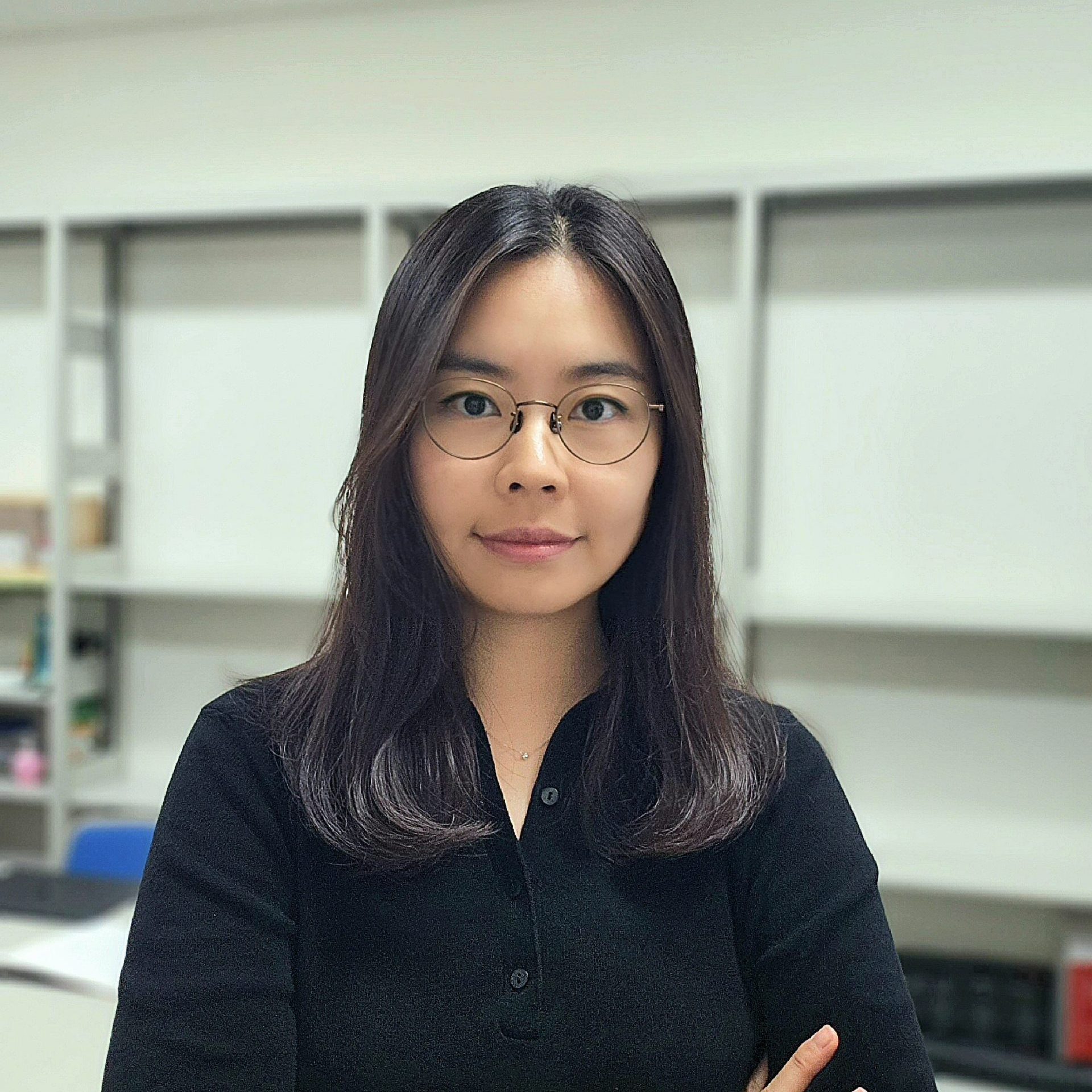

hmpark[at]sophia.ac.jp
+81-3-3238-4365
Address:
Room 1517 Bldg No.2, 7-1 Kioi-cho, Chiyoda-ku, Tokyo, 102-8554 Japan
Terrestrial ecosystem and its spatiotemporal change monitoring by satellite imagery. Assessment of human impact to environment and climate. Nature and human interactions in terms of climate change.
Environmental Remote Sensing, Forest and Human Interactions
Born in Seoul, Republic of Korea. Graduated from Chiba University, and obtained Ph.D (Engineering) from Tokyo University. Work experiences include Ulsan National Institute of Science and Technology (UNIST), Institute of Industrial Science of the University of Tokyo, and Japan Aerospace Exploration Agency (JAXA) before joining Sophia University.
My specialty is environmental remote sensing. Research interests are sustainability of forests, carbon and water balance in wetlands, soil moistures, disaster monitoring, and effects of human activity (i.e., forest logging, and wildfires). In detail, forest primary productivity, soil respiration in wetlands were estimated by combining spatial distributions of land and meteorological conditions. Wildfire–induced carbon emissions were modeled using thermal infrared. Furthermore, climate classification, and near-surface relative humidity have been demonstrated by using AI techniques.
“Environment×Satellite Remote Sensing” is the main theme. Research topic will be decided by answering to the requirement of students. Seminar will be designed for providing active communications through presentation of research, literature review, and expert feedback.
Students will broaden their knowledge about biogeochemistry of forest ecosystem, recent environmental issues in forests, applications of satellite-based data, and computing skills of image processing. Deepening the comprehensive understanding for nature and human interactions can be expected.
The advantage of using remote sensing is that the Earth can be observed with uniform accuracy regardless of national borders. Our lab focuses on environmental issues related to terrestrial ecosystems and human activities, and is inspired to assist the realistic solutions of them. Advanced knowledge of remote sensing, and quantitative and qualitative analysis ability with social scientific point of view will be focused to be understood.
Haemi Park, Junghee Lee, Cheolhee Yoo, Seongmun Sim, and Jungho Im (2021). Estimation of Spatially Continuous Near-Surface Relative Humidity over Japan and South Korea. The IEEE Journal of Selected Topics in Applied Earth Observations and Remote Sensing.
Haemi Park, and Wataru Takeuchi (2021). Satellite-Based Estimation of Global CO2 Emissions from Biomass Burning. Taylor & Francis, Biomass Burning
in South and Southeast Asia: Impacts on the Biosphere, Volume Two, 109.
Haemi Park, Wataru Takeuchi, and Kazuhito Ichii (2020). Satellite-based estimation of carbon dioxide budget in tropical peatland ecosystems. Remote Sensing, 12(2), 250.
Haemi Park, Jungho Im, and Miae Kim (2019). Improvement of satellite-based estimation of gross primary production through optimization of meteorological parameters and high resolution land cover information at regional scale over East Asia. Agricultural and Forest Meteorology, 271, 180-192.